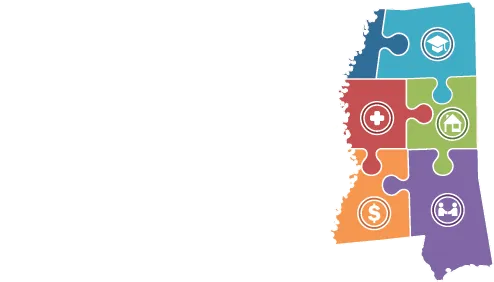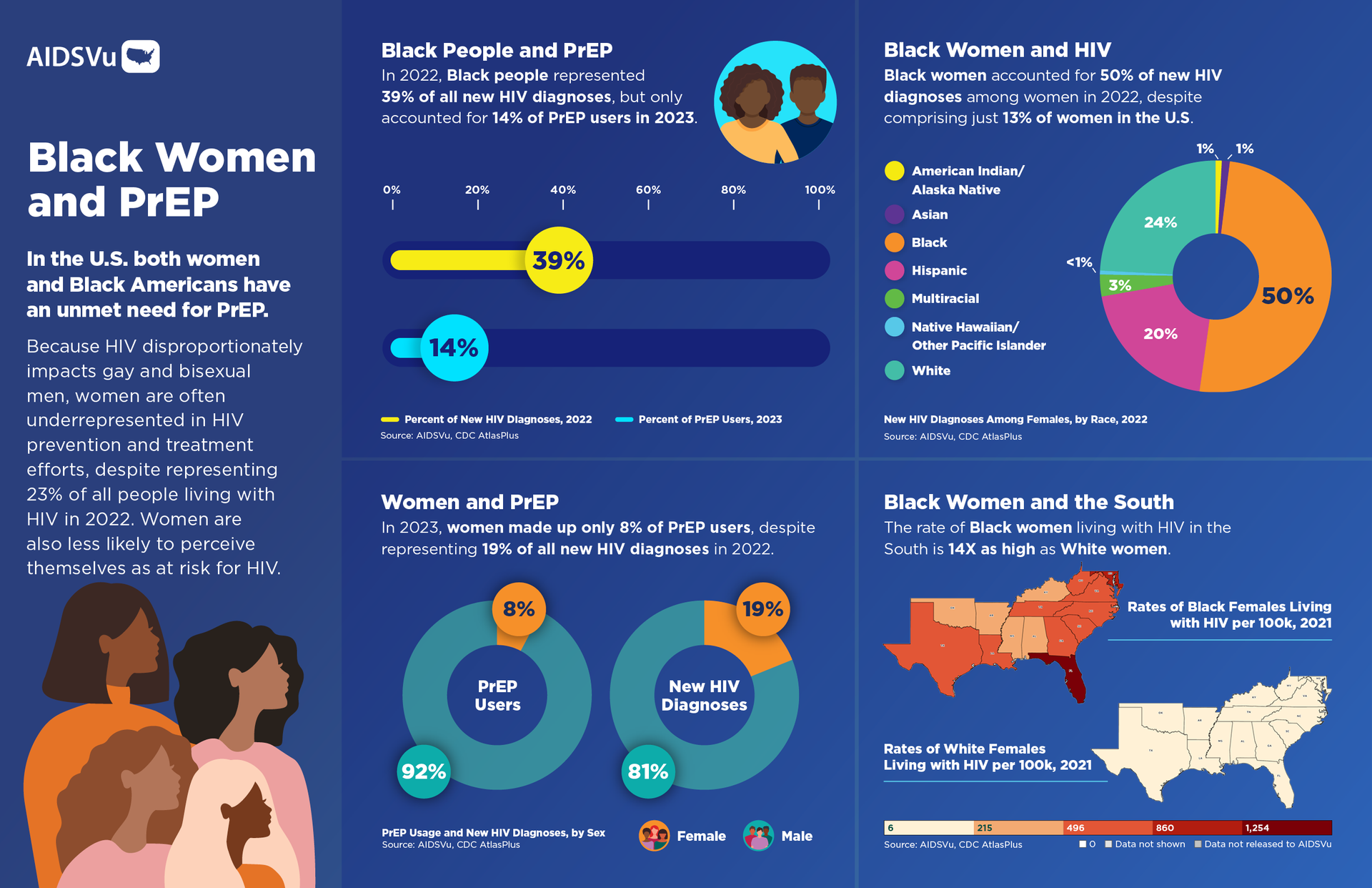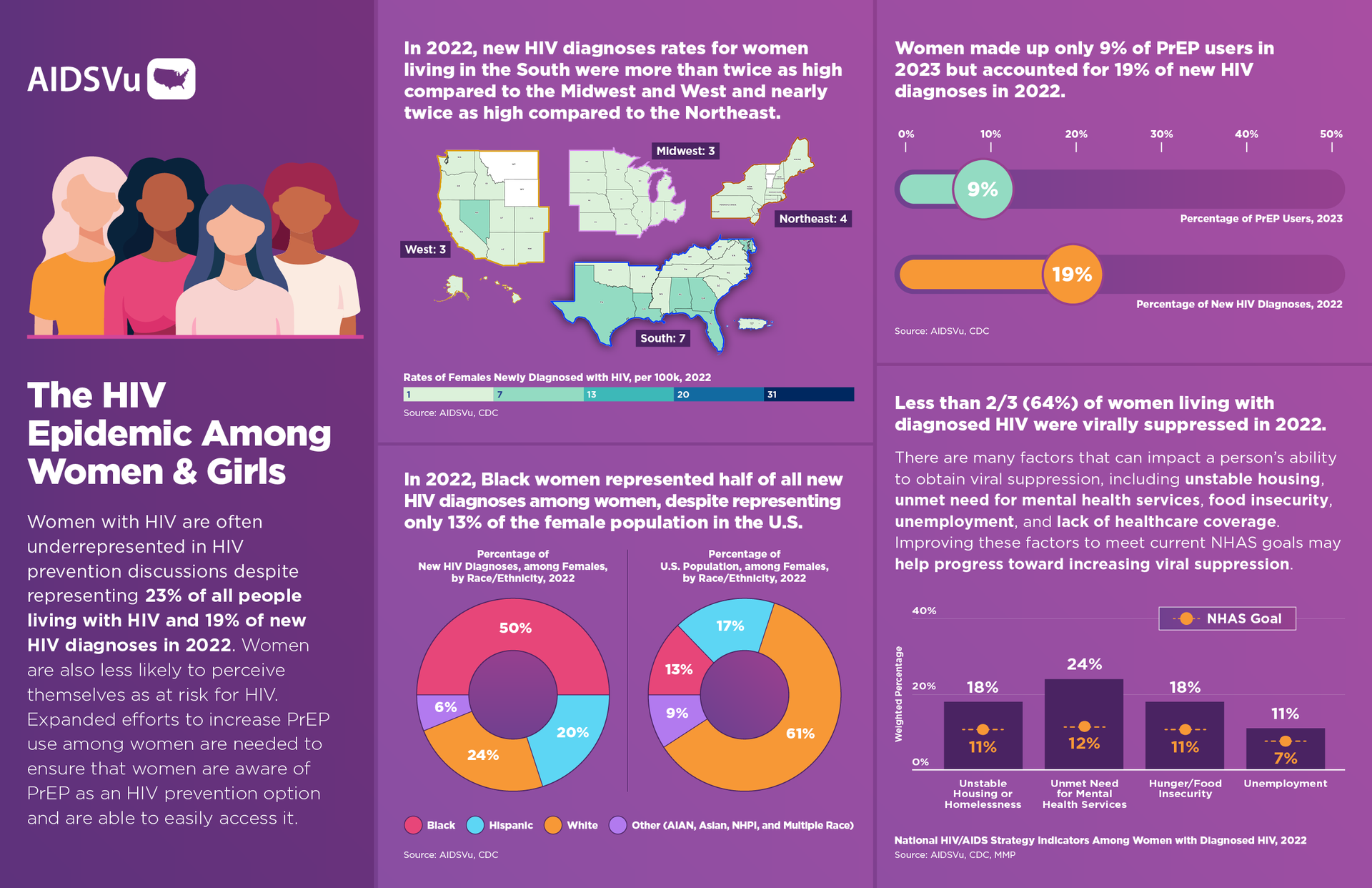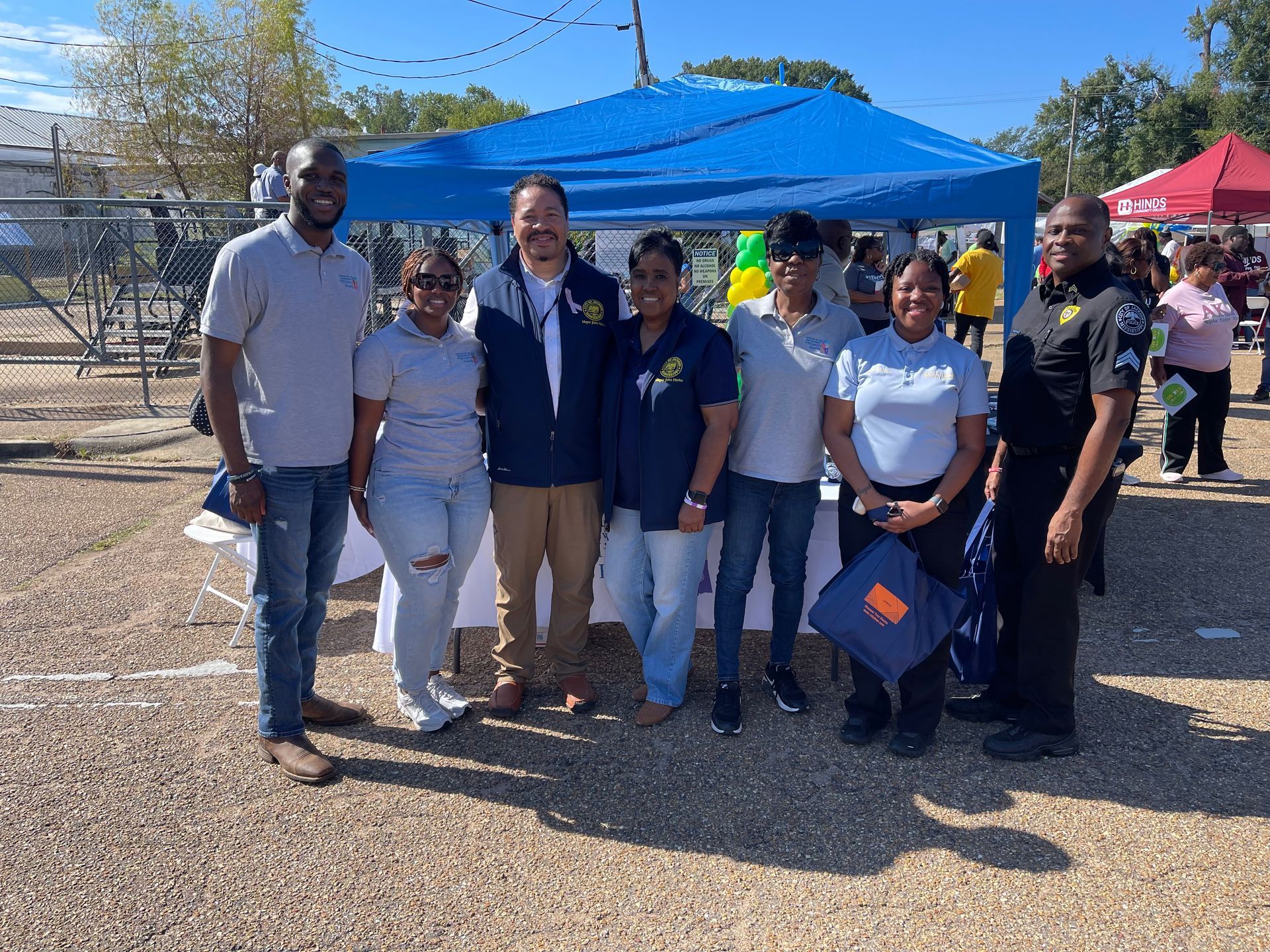INFECTIOUS
DISEASES
We are dedicated to raising awareness, supporting prevention efforts, and improving access to accurate information and care for communities affected by infectious diseases.
About us
PROTECTING HEALTH.
PREVENTING DISEASE.
Infectious diseases remain a significant public health challenge, particularly in underserved and minority communities where health disparities persist. These diseases—caused by viruses, bacteria, parasites, or fungi—can spread quickly and disproportionately impact populations with limited access to healthcare, resources, or timely information.
At the Institute for the Advancement of Minority Health, we are committed to addressing the unequal burden of infectious diseases through education, community engagement, and equitable access to prevention and treatment. From HIV and hepatitis to COVID-19 and flu, we work to ensure that minority communities are informed, protected, and empowered with the tools they need to stay healthy.
COMMUNITY ENGAGEMENT
Our goal is to close the health gap by advancing culturally responsive strategies that promote awareness, early detection, and public trust—because every community deserves a fair chance at wellness.
- Community-based HIV testing, including mobile/pop-up events in underserved areas
- Stigma reduction and awareness through virtual and in-person events
- Partnering with local organizations for trusted health communication
- Hosting health fairs, school visits, and community events for education and vaccine access
- Partnering with health providers and grassroots groups to boost vaccine outreach
Prevention and Testing at Every Age.
Care and Treatment at Every Stage.
Black women are particularly impacted by HIV, representing half of all new HIV diagnoses among women but only 13% of all women in 2022. The HIV epidemic also has a disproportionate impact on women in certain parts of the country; in 2022, new HIV diagnoses rates among women in the South were approximately twice as high as those in other regions of the U.S
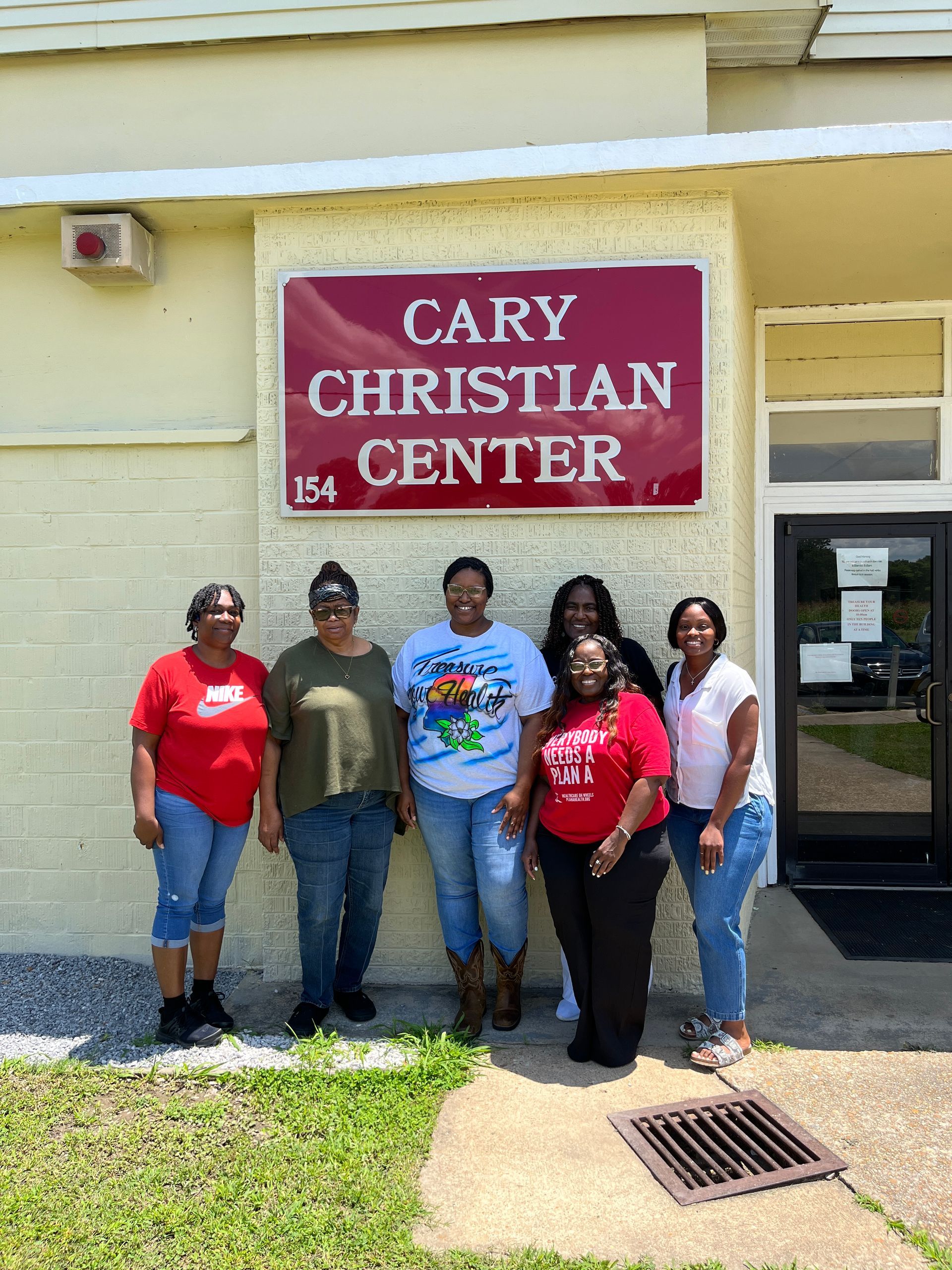
HIV Prevention Program
The Institute for the Advancement of Minority Health’s HIV Program is dedicated to reducing HIV-related disparities and improving health outcomes among minority populations in the Mississippi Delta and Central Mississippi. This program offers a comprehensive, community-based approach to addressing the social determinants of health that contribute to increased HIV risk and poorer outcomes.
Program Purpose
Key Activities include:
- Conducting community-based HIV testing and counseling, including mobile and pop-up events in underserved areas
- Providing linkage to HIV medical care, PrEP (pre-exposure prophylaxis), and other supportive services
- Hosting educational workshops, webinars, and awareness campaigns tailored to priority populations
- Engaging community health workers and outreach specialists to build trust and facilitate care navigation
- Partnering with local clinics, faith-based organizations, and grassroots groups to expand reach and impact
Program Goals
- Goal 1: Conduct rapid HIV testing, make referrals, and link people to care for the reduction of HIV.
- Goal 2: To build community partnerships with stakeholders to prevent HIV in communities through education, training, and testing.
- Goal 3: Implement interventions with fidelity to enhance successful outcomes in reducing stigma and new cases of HIV.
- Goal 4: Distribute condoms to people throughout the community to increase usage and to reduce new cases of HIV.
- Goal 5: Increase HIV awareness and reduce stigma through virtual or face-to-face observance events.
Funding Sources
This program is funded by the Centers for Disease Control and Prevention (CDC).
Target Audience
The program prioritizes heterosexual men and women, ages 13–49, especially those living in rural or under-resourced areas disproportionately affected by HIV.
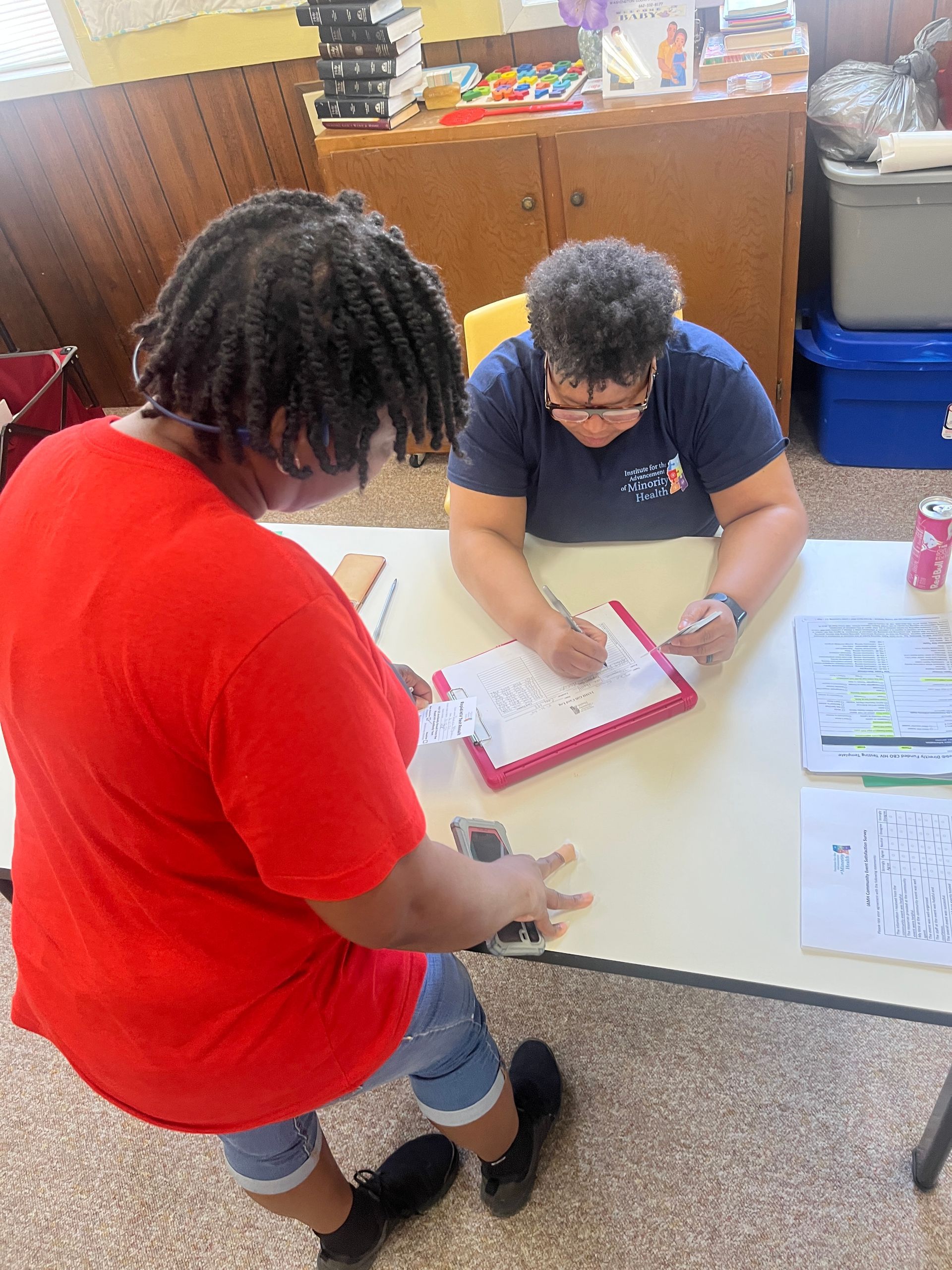
Monkeypox (Mpox) Program
The Institute for the Advancement of Minority Health’s Monkeypox (Mpox) Program is designed to improve public understanding of Mpox, increase access to vaccination, and reduce stigma within at-risk and underserved communities across Mississippi. This initiative uses a culturally responsive, community-engaged approach to prevention and education.
Program Purpose
The program aims to reduce the spread of Mpox by increasing awareness, enhancing vaccine confidence, and addressing misinformation through education, outreach, and partnerships.
Key Activities
The Institute
- hosts community outreach and education events across the Mississippi Delta and other rural regions
- disseminates culturally tailored messaging using the CDC’s Mpox Equity and Anti-Stigma Toolkit
- utilizes “It Takes Two” referral cards to connect individuals to vaccination sites
- conducts webinars, such as “Double Trouble: Confronting HIV and Mpox,” to reduce stigma and increase knowledge
- collaborates with local organizations to deliver accurate, trusted health information
Program Goals
- Goal 1: Develop a community advisory board to guide culturally appropriate Mpox messaging
- Goal 2: Create and implement an anti-stigma communications campaign using CDC resources
- Goal 3: Conduct at least six community outreach and education events to increase awareness and access to the Mpox vaccine
Funding Source
This program is funded by the Centers for Disease Control and Prevention (CDC).
Target Audience
The program focuses on individuals in rural and under-resourced communities in Mississippi who may be at higher risk for Mpox infection and stigma due to misinformation or lack of access to health services.
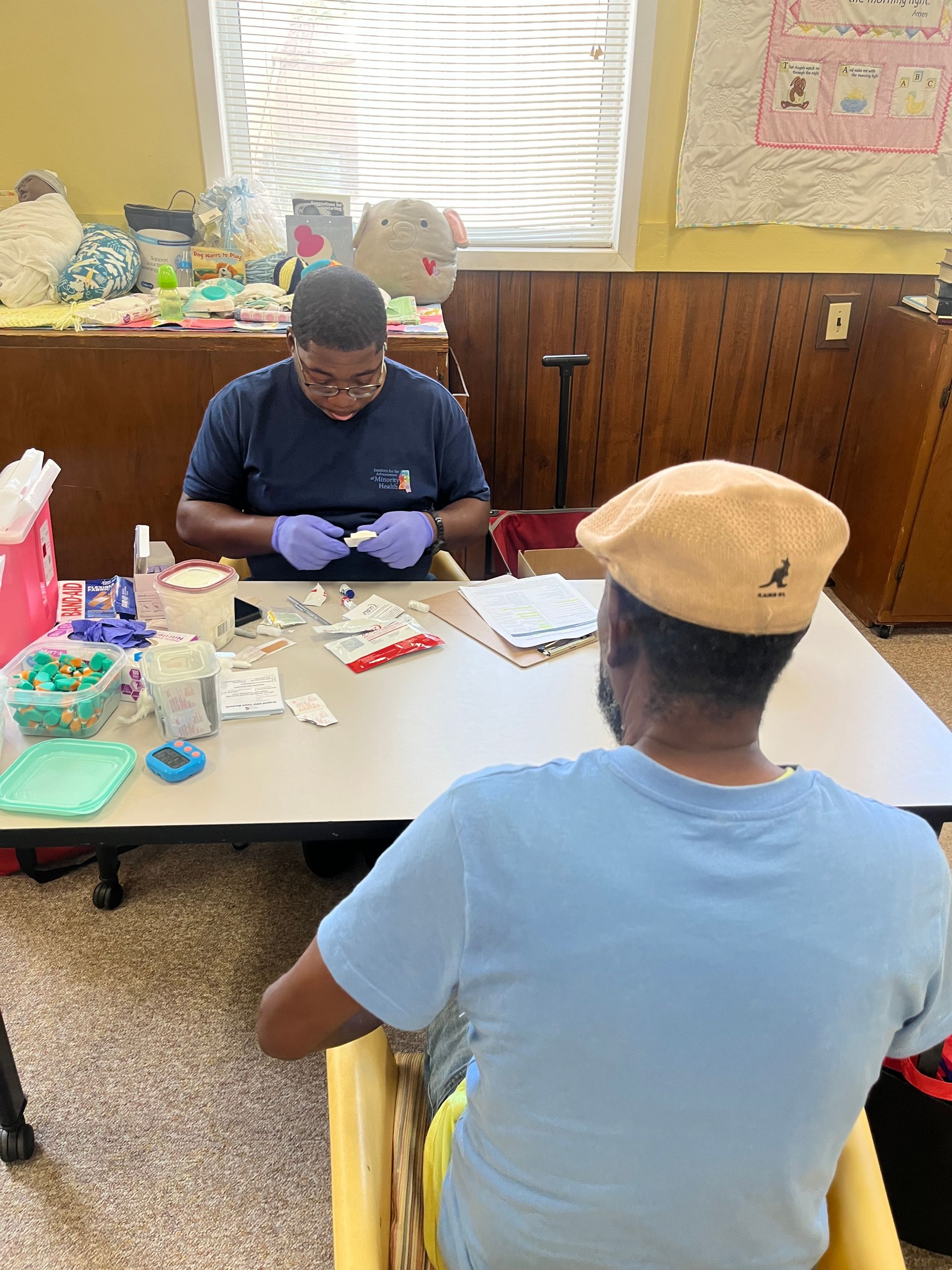
COVID-19 Program
The Institute for the Advancement of Minority Health’s COVID-19 Program is a community-driven initiative aimed at reducing the impact of COVID-19 among underserved populations in Mississippi. Supported by the Centers for Disease Control and Prevention (CDC), this program integrates two key projects, COVID-19 Environmental Protection and Awareness (EPA) and P4VE COVID-19 Prevention, into one cohesive strategy to address access, education, and trust in prevention efforts.
Program Purpose
The program aims to improve health outcomes by increasing access to COVID-19 resources, enhancing vaccine confidence, and addressing environmental and social factors that influence disease severity and prevention. Through education, outreach, and strategic partnerships, the program seeks to close health equity gaps among populations most affected by the pandemic.
Key Activities include:
- Hosting community events such as health fairs, school visits, webinars, and wellness festivals to distribute PPE, offer vaccine education, and deliver booster shots
- Training community health workers (CHWs) to share culturally appropriate messaging on COVID-19 and environmental health risks
- Supporting trusted local “influential messengers” to share vaccine information and reduce misinformation
- Launching social media and radio campaigns to raise awareness and combat stigma
- Partnering with health care organizations and community-based groups to increase access to vaccines and outreach services
Program Goals
- Establish a community advisory council to guide outreach and response planning
- Develop and deliver training on environmental contributors to COVID-19 severity
- Conduct widespread outreach to distribute accurate information, PPE, and vaccines
- Increase community trust in COVID-19 prevention tools and reduce stigma through culturally relevant campaigns
Funding Source
These programs were funded by the Centers for Disease Control and Prevention (CDC).
Target Audience
This program serves rural and majority-Black communities in Mississippi, with a focus on individuals with limited healthcare access, including youth, women, and families in high-risk or under-resourced areas.
